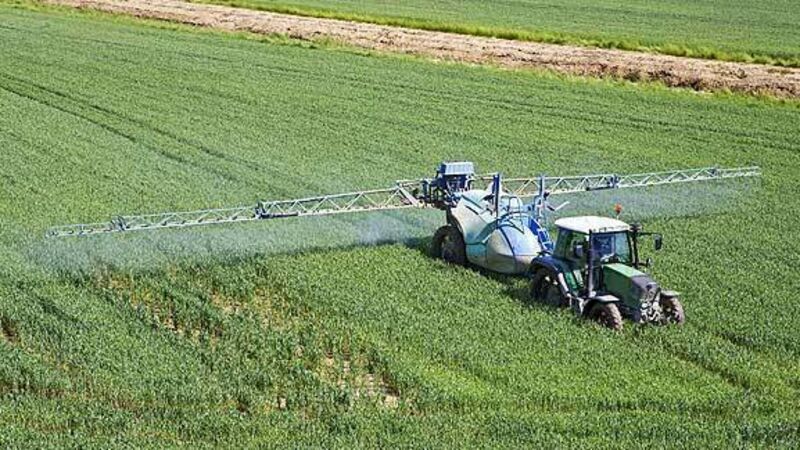Environmentalists urge UK not to lift ban on controversial pesticide

The call comes ahead of a decision by ministers on whether to agree a request by agro-chemical company Syngenta for an emergency exemption to use a restricted “neonicotinoid” pesticide on hundreds of thousands of acres of oil seed rape.
It is one of three neonicotinoids that have been banned by the EU for two years for use on flowering crops such as oil seed rape which are attractive to bees, after European authorities identified risks to honey bees from the chemicals.










